
Introduction
Intel Core 14th Gen Desktop S-series Processor Family is launching, and we have a full review of the new Intel Core i9-14900K CPU today. Call it a “Raptor Lake Refresh” if you like, or a new revision, but the better description is perhaps a new “refinement” of the Raptor Lake architecture CPUs. You can decide if this fits the definition of a new “Generation”, but at any rate, Intel is calling it the 14th Gen Processor Family, which follows the 13th Gen Processor Family formerly known as Raptor Lake.
The new Intel Core 14th Gen Processor Family is based on the same Raptor Lake CPU architecture, operates on the same LGA1700 socket, and utilizes the same process node and ISA as the previous “13th Gen” family. The new CPUs will comprise of CPUs from the Intel Core i9-14900K, to Core i7-14700K to Core i5-14600K. There are K and KF SKUs within those, the KF SKUs do not have the IGP on board and will cost a little less.
Don’t miss our full Intel Core i5-14600K CPU Review.
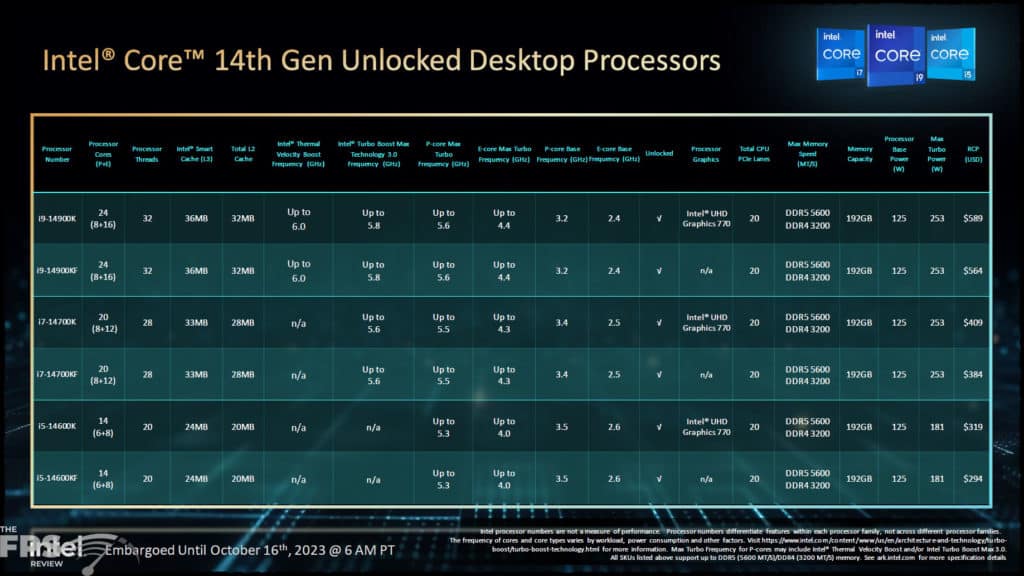
At the heart of pricing, the Intel Core i9-14900K will be $589 RCP (USD), the Intel Core i7-14700K will be $409 RCP (USD), and the Intel Core i5-14600K will be $319 RCP USD. How this compares to the pricing of the 13th Gen Processor Family at its launch is as follows: Intel Core i9-13900K is $598 RCP (USD), Intel Core i7-13700K is $409 RCP (USD), and Intel Core i5-13600K is $319 RCP (USD). Therefore, the 14th Gen CPU pricing is exactly the same (RCP USD) as the 13th Gen was, so no price increases or pricing changes, thank goodness. Now, actual online and retail pricing will vary, naturally, so make sure to check out the pricing widget for the latest online prices.
Intel Core i9-14900K
The Intel Core 14th Gen Processor Family is currently led by the Intel Core i9-14900K, this flagship CPU sits at the top of the SKU. This CPU will be priced similarly to the Intel Core i9-13900K and is based on the same Raptor Lake architecture and LGA1700 socket. You will likely want to pair this one with a more beefed-up Z790-based refreshed motherboard, in order to gain the most from it. Importantly, VRM power efficiency and cooling will be important, to hit higher power utilization and clock speeds that it can provide, including a robust 360mm AIO.
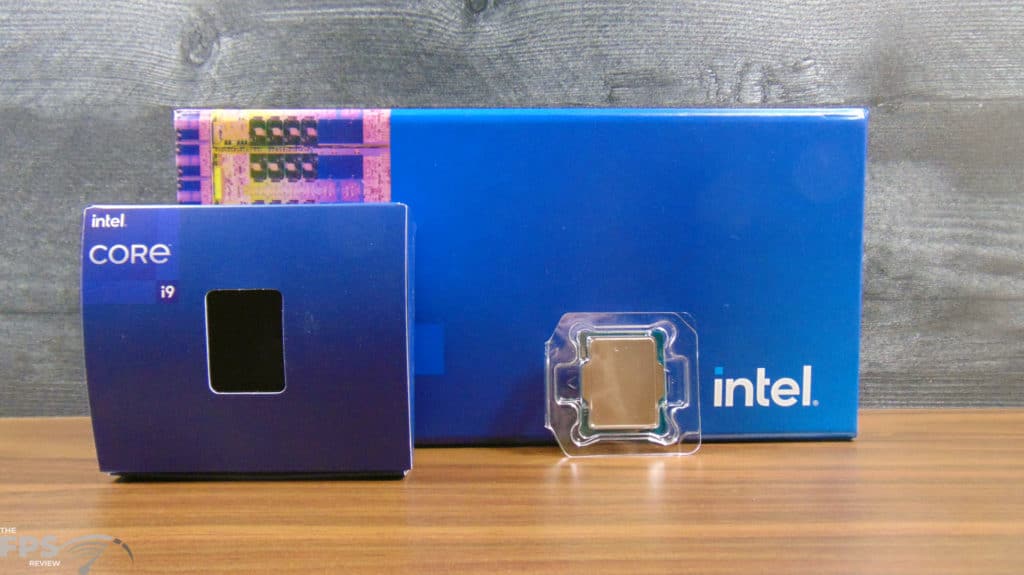
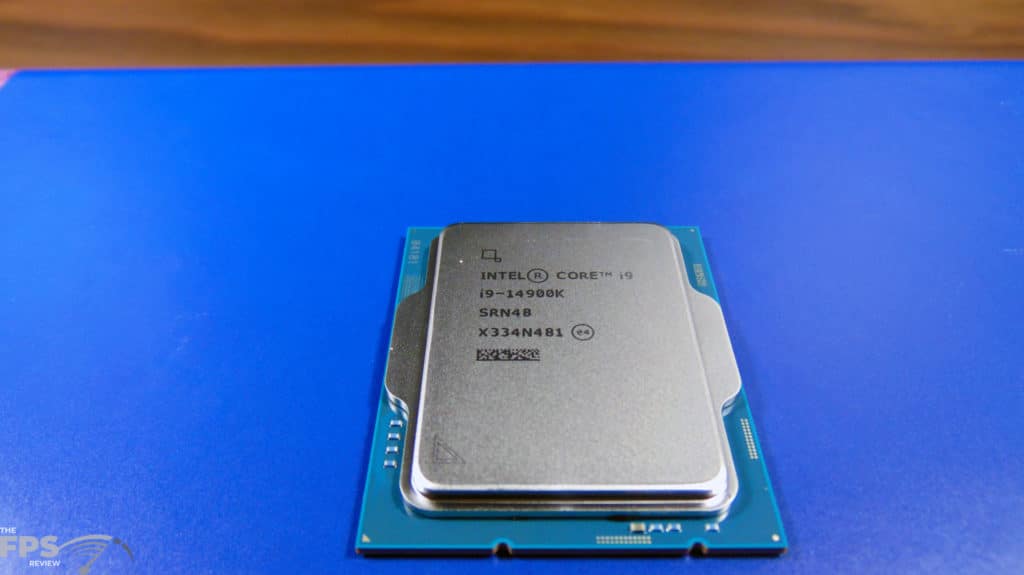
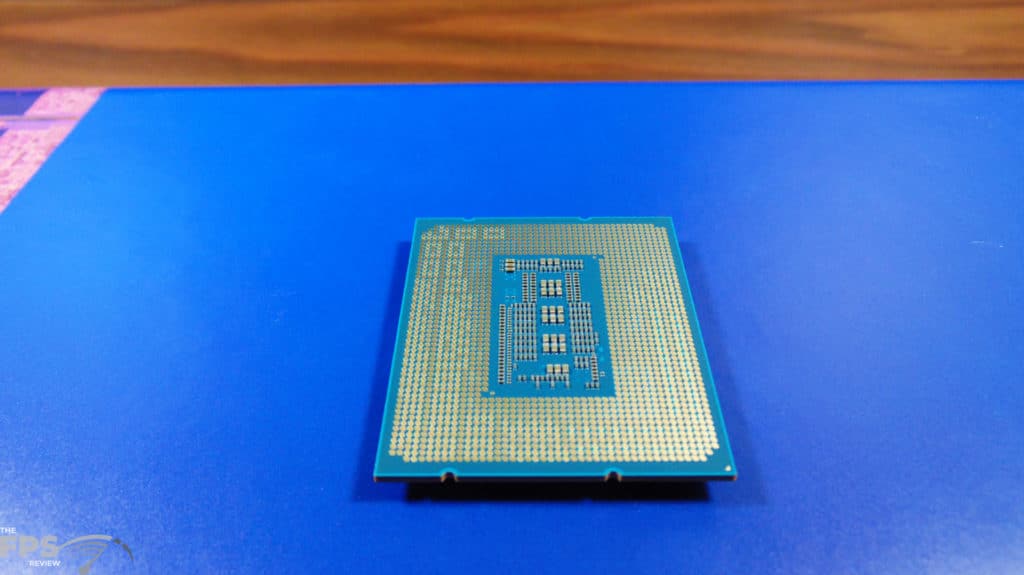
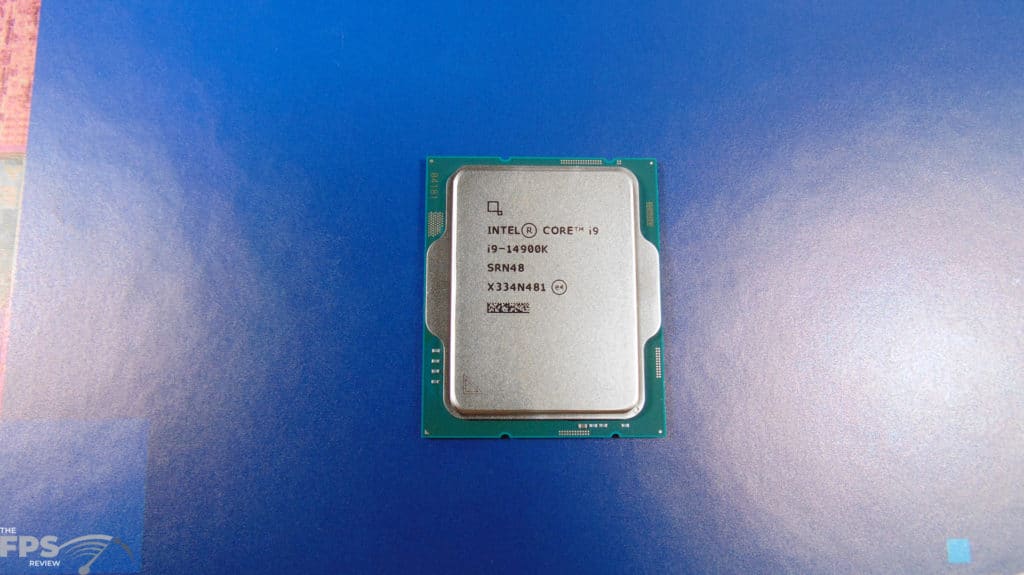
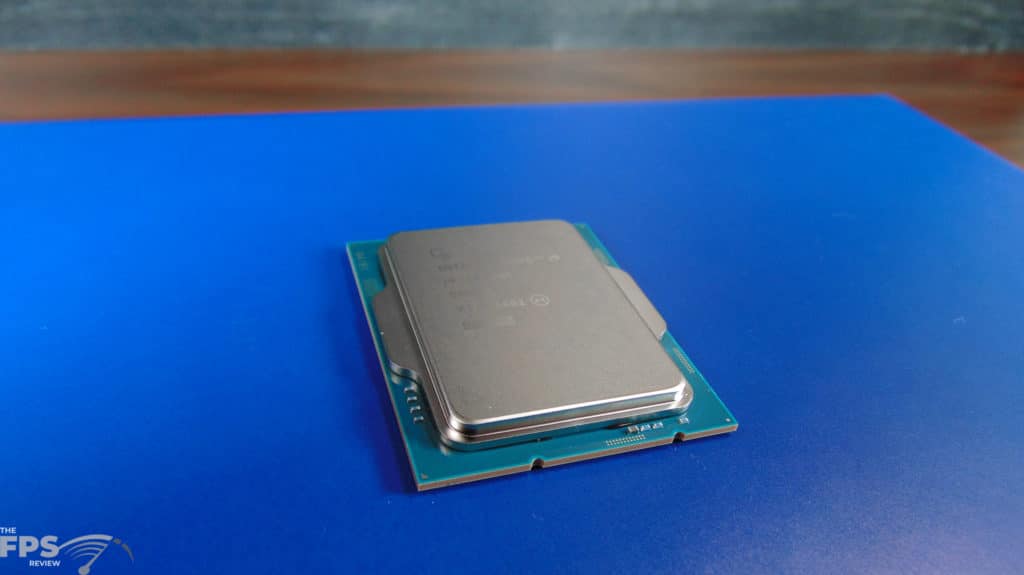
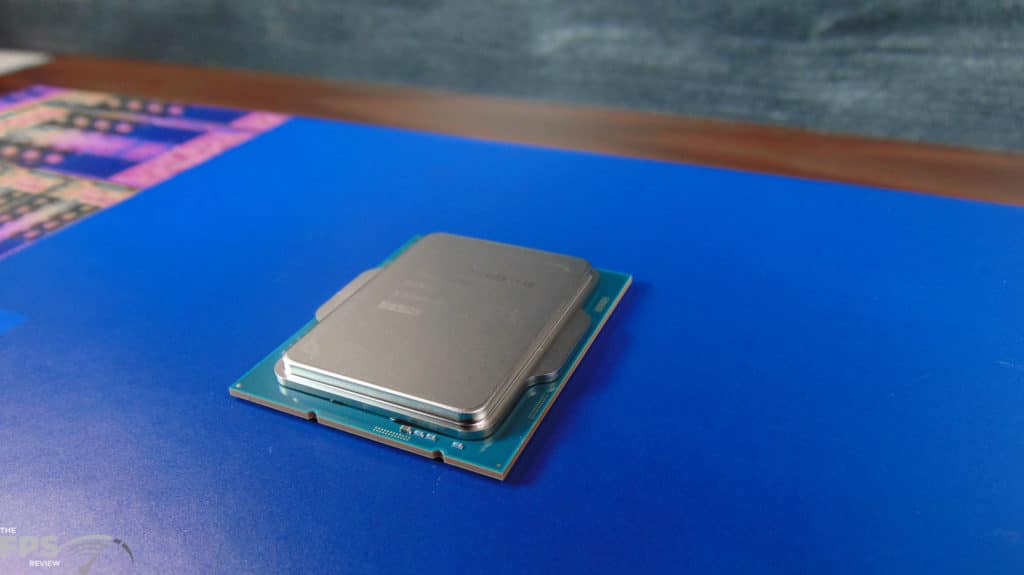
The Intel Core i9-14900K is based on the Intel 7 manufacturing process. It consists of 8 P-cores and 16 E-cores combining a total of 32 Threads. It has 36MB of L3 cache and 32MB of L2 cache. It has an Intel Thermal Velocity Boost of up to 6GHz. It has an Intel Turbo Boost Max Technology 3.0 Frequency of up to 5.8GHz. The P-core Max Turbo Frequency is up to 5.6GHz and the E-core Max Turbo Frequency is up to 4.4GHz, while the P-core Base Frequency is 3.2GHz and the E-core base frequency is 2.4GHz.
It has the same Intel UHD 770 Graphics on board from the 13900K with no changes. It officially supports DDR5 5600 and DDR4 3200. The Processor Base Power is 125W and the Max Turbo Power is 253W.
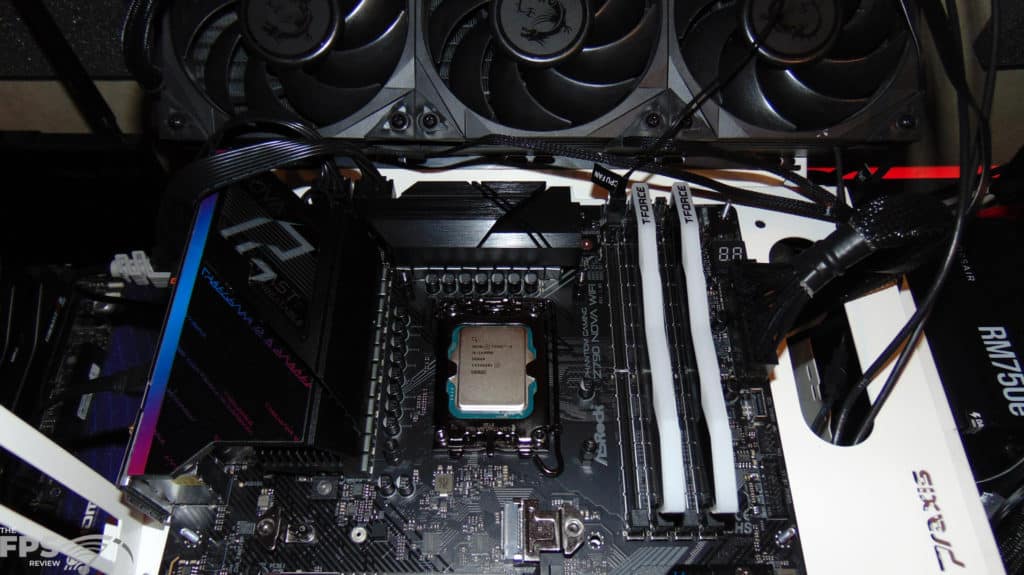
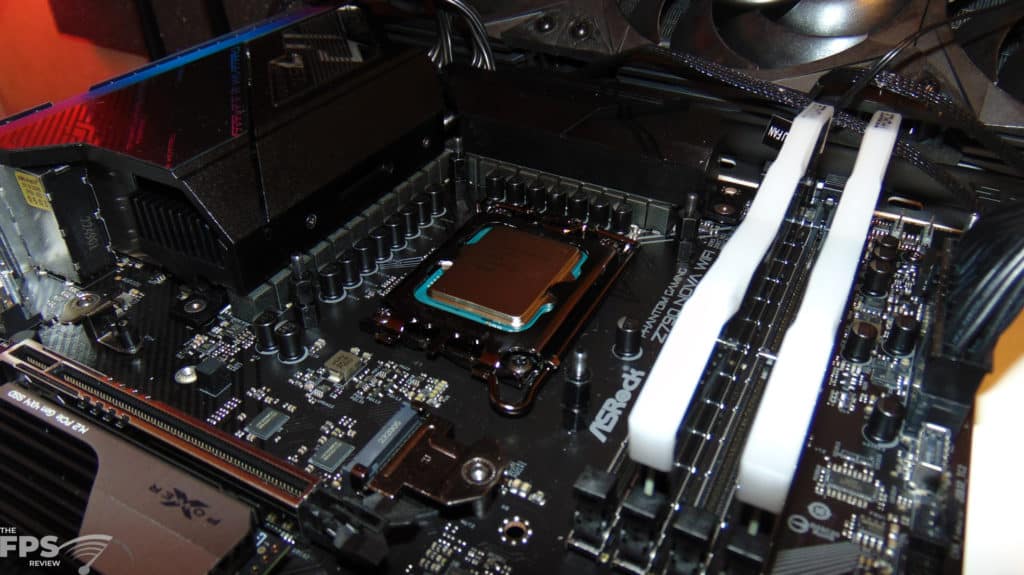
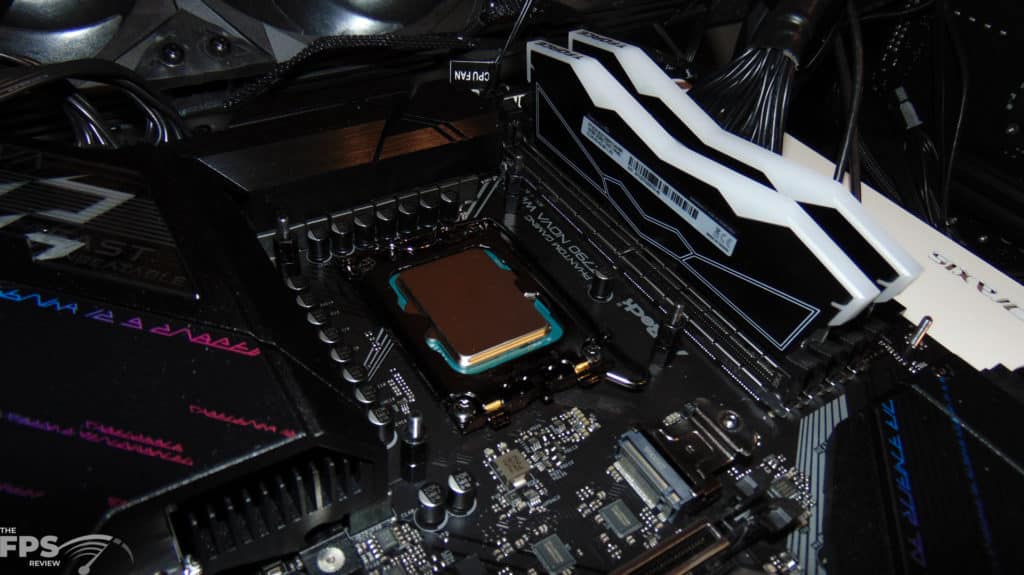
When you compare the clock speeds to the Intel Core i9-13900K we find that the new Intel Core i9-14900K has a 200MHz higher Max Turbo Frequency at 6GHz while the 13900K is up to 5.8GHz. The Intel Turbo Boost Max Technology 3.0 Frequency is also higher by 100MHz from 5.7GHz on the 13900K to 5.8GHz on the 14900K. In addition, the P-cores can run higher on the 14900K at 5.6GHz while they run at 5.4GHz on the 13900K, and the E-cores run higher at 4.4GHz while they run at 4.3GHz on the 13900K.
Technically speaking, the Processor Base Power and Maximum Turbo power are the same, by spec, for both CPUs, but in reality, the 14900K can probably pull more power with the higher clock speeds. Otherwise, the CPUs are similar.
Intel Core 14th Gen Processor Family Platform
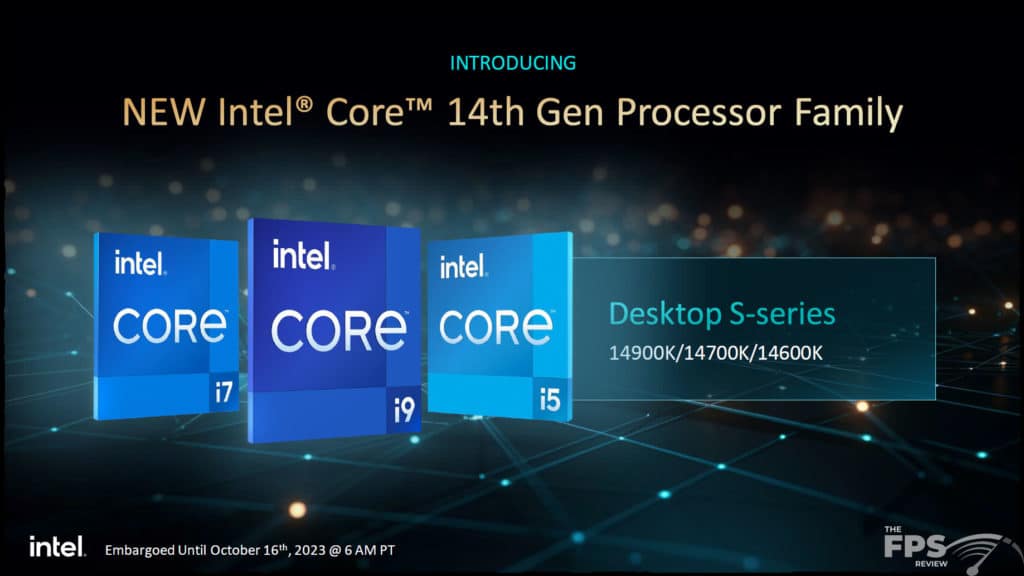
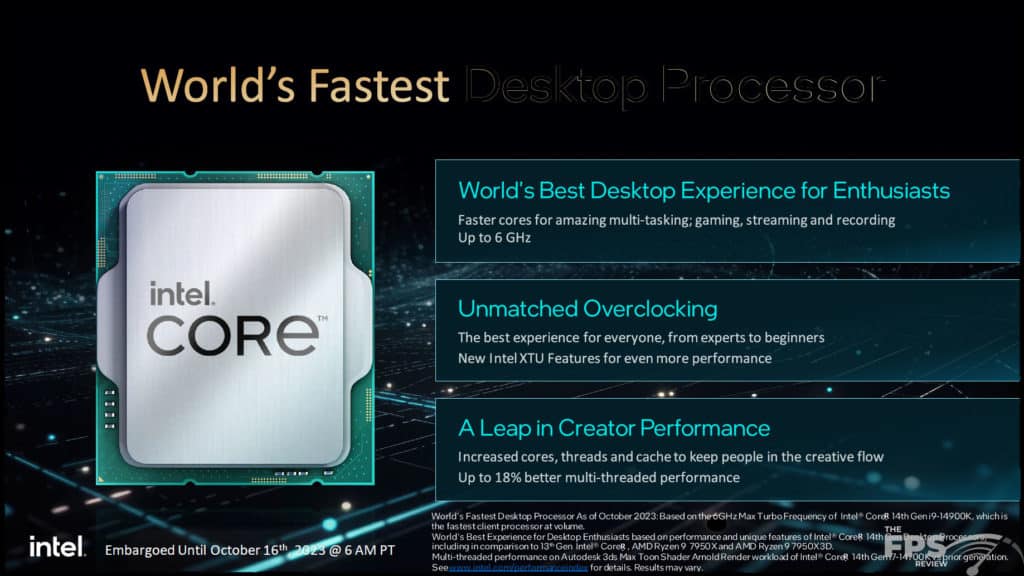
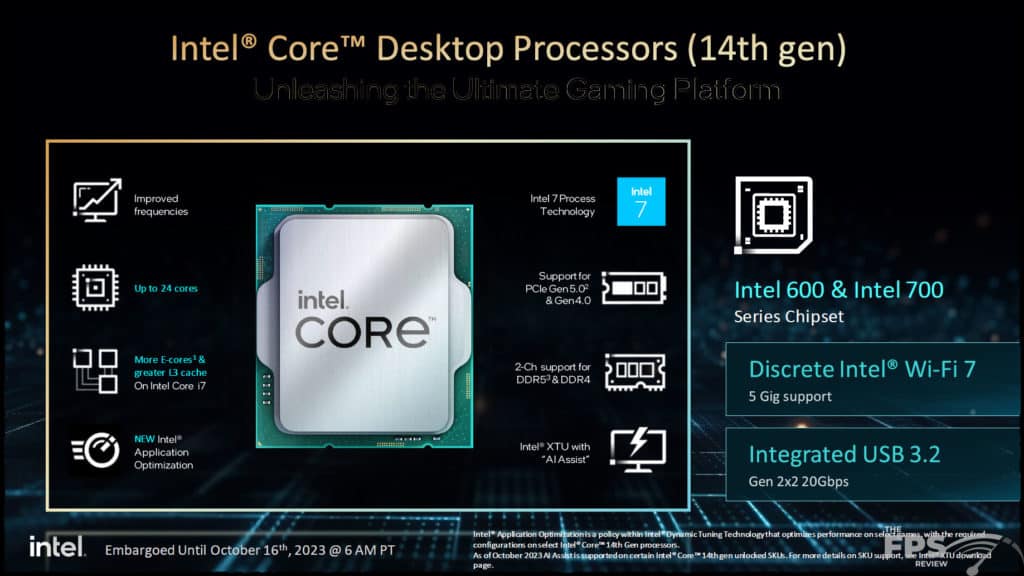
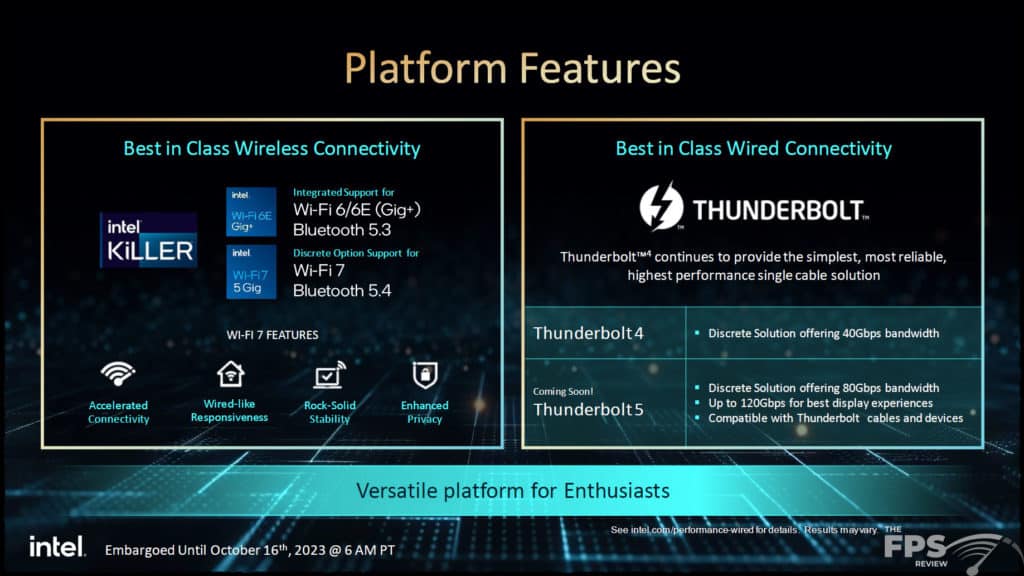
Let’s talk a little bit about the platform that the Intel Core Desktop Processors of the 14th Gen support. Naturally, you will be able to socket them into LGA1700 motherboards based on the Intel 600 and Intel 700 series chipsets still. That’s right, you will still be able to socket these CPUs into the Z690 motherboards, and in addition, also be able to socket them into DDR4-only motherboards of that generation. That gives the new CPU family a good range of product support and upgradability.
But of course, to get the most from it, you will want to pair it with a motherboard supporting DDR5, and the fastest you can get a hold of as well to give it the best chance. This means the platform also supports PCIe Express 5.0 (Gen5) and Gen4. Depending on the motherboard configuration, you can enjoy PCIe Gen5 SSD support. In addition, based on configuration, you can benefit from WiFi 7 and 5 Gig support, as well as Integrated USB 3.2 Gen 2×2 20Gbps and Bluetooth 5.4. There is also Thunderbolt 4 support and coming soon Thunderbolt 5.
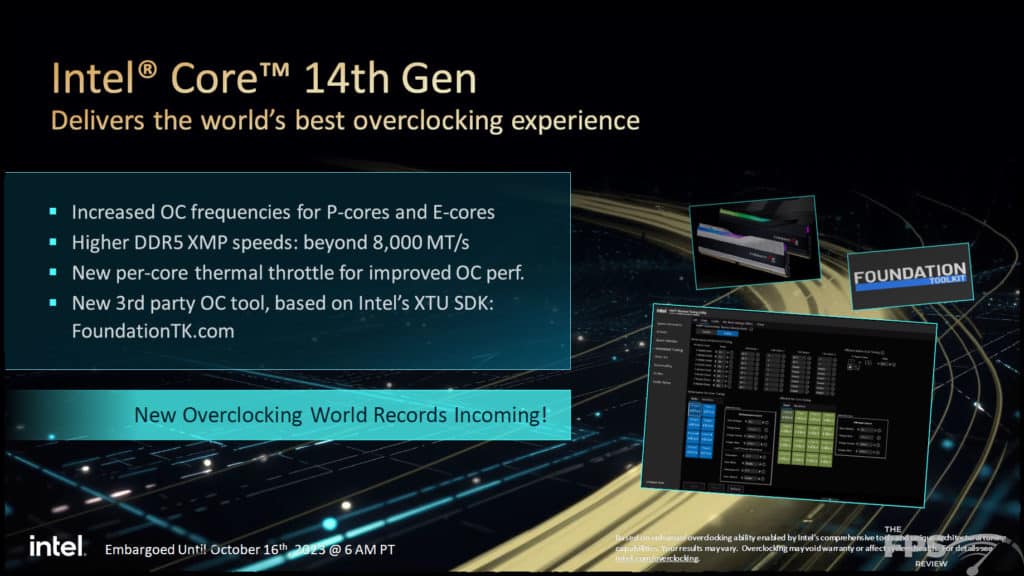
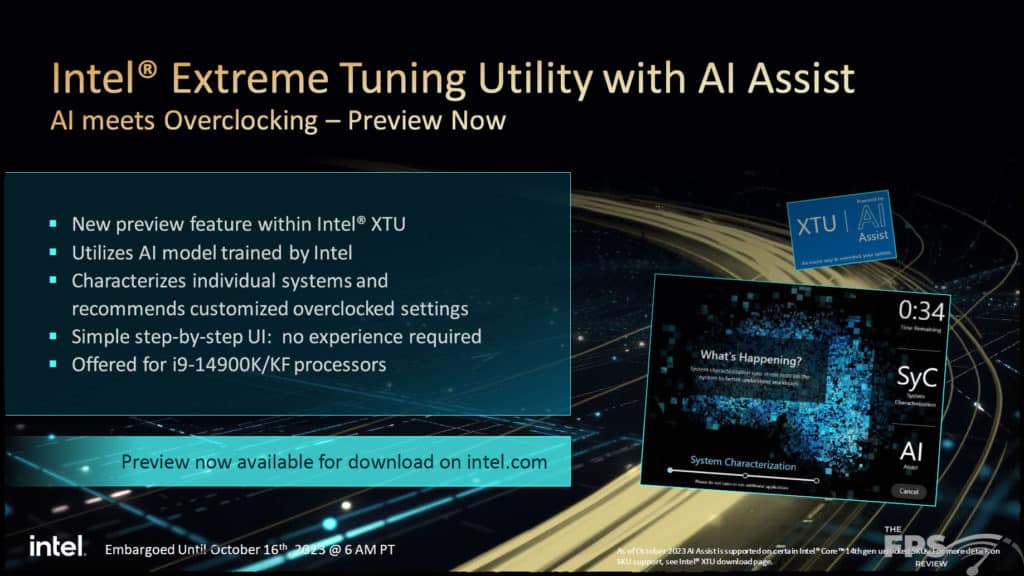
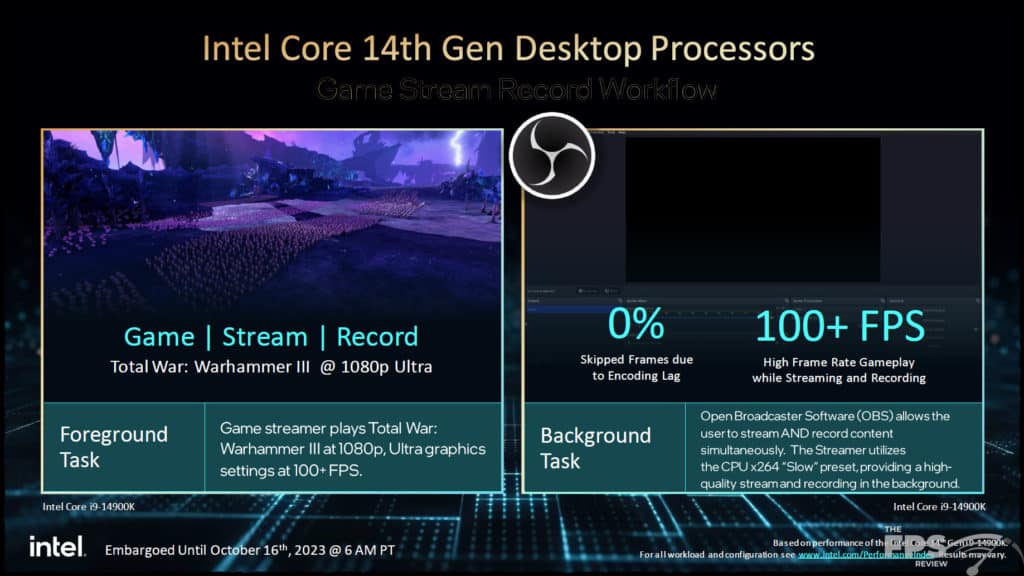
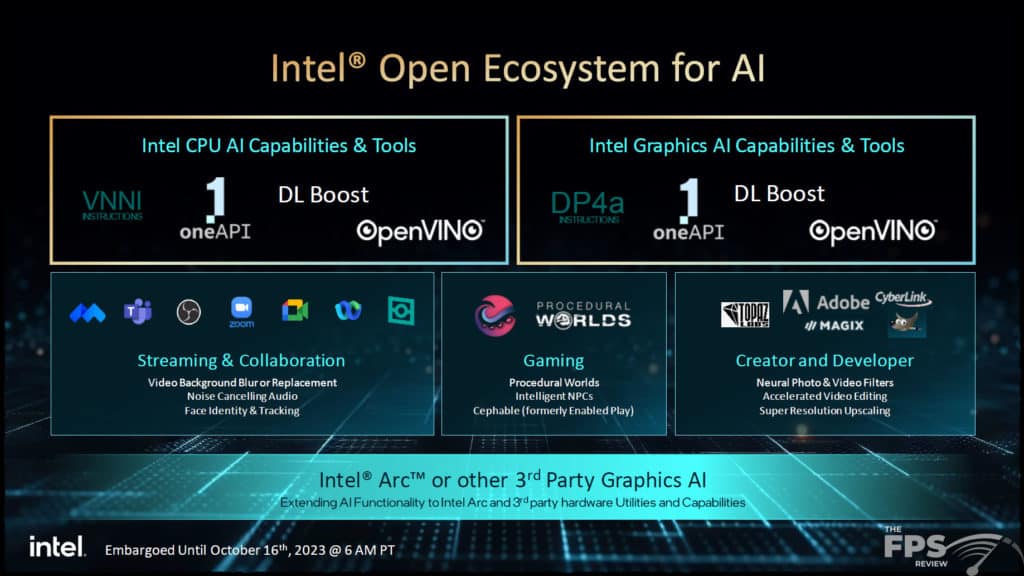
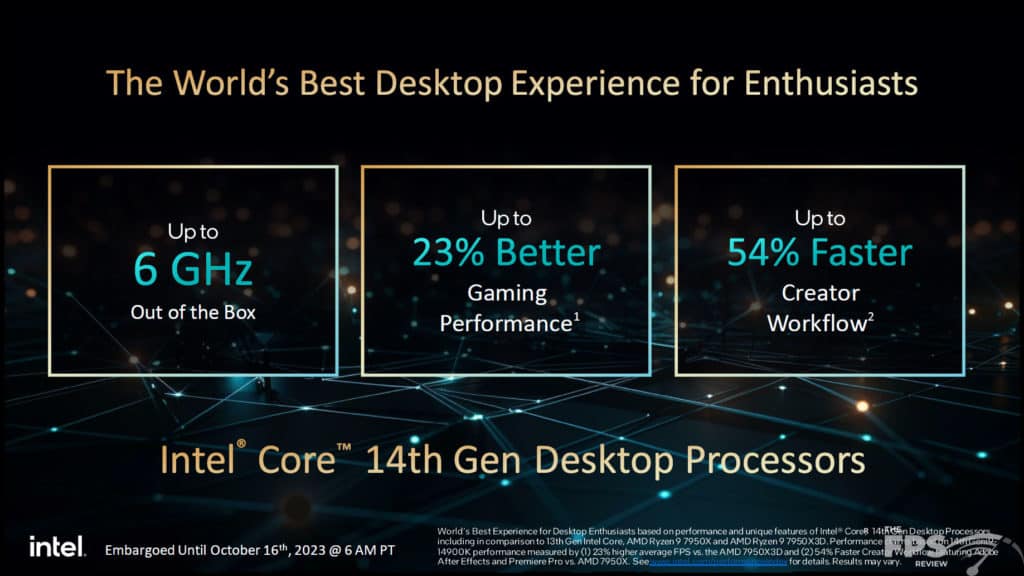
Intel is also claiming overclocking support with increased OC frequencies for P-cores and E-cores. One of the notable features is improved DDR5 XMP speeds beyond 8000MT/s for the platform. Intel also has its Intel Extreme Tuning Utility that now has AI Assist for overclocking. Using AI-trained models, this algorithm characterizes systems and recommends overclocking settings for your CPU based on your configuration. This is only offered for i9-14900K/KF CPUs.
Intel Application Optimization
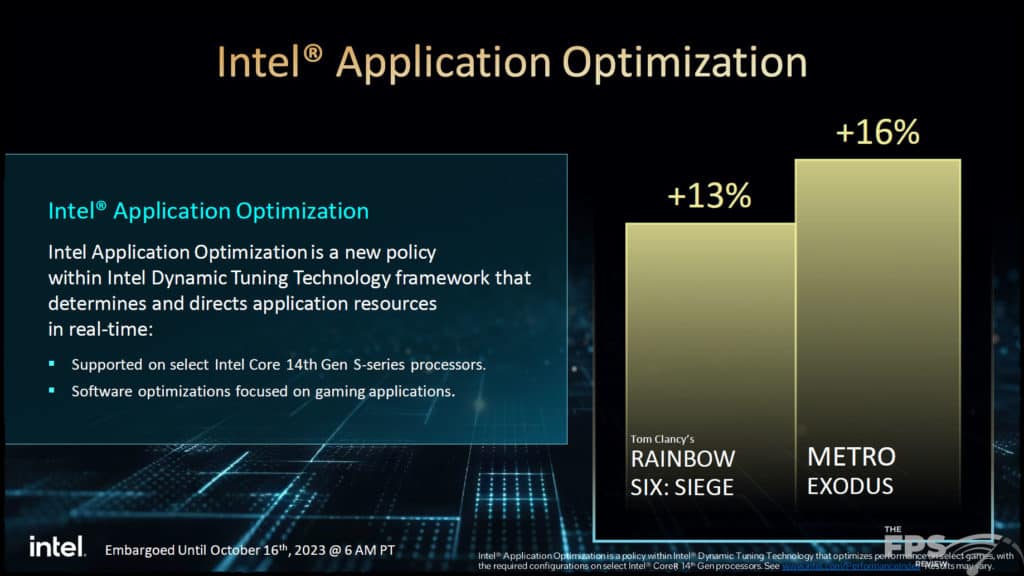
One new feature with the Intel 14th Gen family is called Intel Application Optimization. This is a new policy that lives inside the Intel Dynamic Tuning Technology framework. The policy can help direct threads on detected applications and work alongside Thread Director. The goal is to improve performance in games, based on what games Intel has programmed into the policy. This is a game-oriented feature, meant to improve performance by managing threads better across the cores.
How this works is that Intel whitelists games and the framework detects the game launch by .EXE (executable) and then enacts the policy. The games do not need to support it, it is something that Intel is detecting when you run the game and then enables the policy. This means Intel does need to update the framework with support for games as it adds new games to the supported list. At this time only two games are supported, Rainbow Six: Siege and Metro Exodus.
This is something that Intel will have to keep adding over time, and the framework can be enabled or disabled in the BIOS. In addition, there will be an app on the Microsoft Store that will allow you to toggle the feature on or off to see the differences. Again, this will only work in a list of supported games, and Intel will have to keep updating that support over time, as of right now it is very limited in scope.


